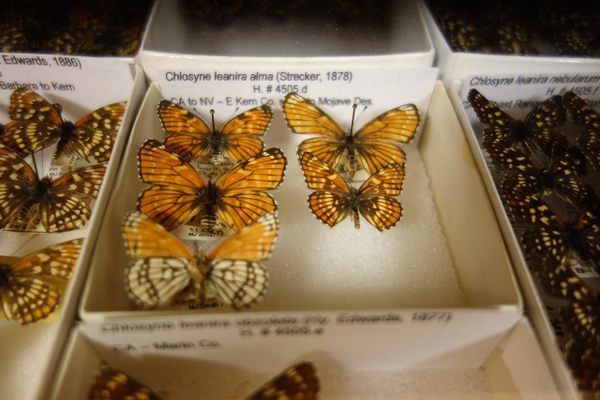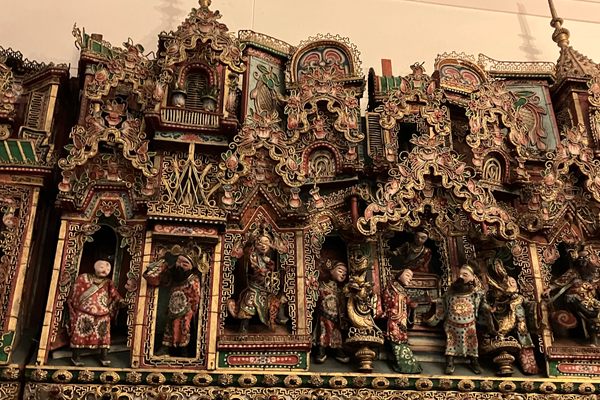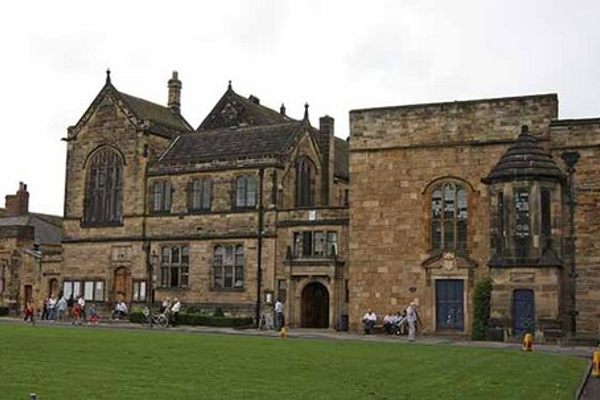About
For nearly fifty years, from 1924 to 1971, the second floor of the Granville library was the stuff of local rumor and legend.
Occasionally a kindly librarian might let an inquisitive child tiptoe up the grand wooden staircase and through the mysterious second floor door. They would find the room dusty, dark and smelling of mothballs. Within that gloom it was packed full to bursting with creatures from all around the world. Thousands of glass eyes reflected the little light that made it in. A portal to the past, the cobwebbed collection was almost exactly as it was when it was premiered in 1909.
Today the Pember Museum has been re-opened and is in active use, but thankfully it hasn't changed much in terms of aesthetics. It is still very much the Victorian natural history museum its creator Franklin T. Pember intended. Pember was born in South Granville, New York in 1841 the son of prosperous farmers. An early collector of natural specimens Pember began his collection when he was only 21. However much of Pember's personal and financial success would come after he met and married his wife Ellen Wood at age 27 in 1868.
Ellen and Franklin Pember were a kind of Victorian power couple, and throughout their lives their partnership was remarked on for its closeness and love. Together they began to build a small empire based around the natural world. Franklin made much of his wealth not through farming—he wrote to Ellen that he thought it was too much damn work for the reward—but through the fur trade establishing the "Pember and Prouty, Commision Dealer of Furs and Skins" in New York City. As the Pembers grew in wealth, they traveled the country and the world where Franklin continually hunted and collected an ever increasing set of natural specimens.
The Pember's eventually funded the building of Granville library that the museum was to go into and in 1909 Franklin's life's work was assembled and opened as the Pember Museum. It is displayed today much then as it was then, an incredible natural history collection displayed in wood and class cases. Victorian maximalism at its best. Unfortunately not long after the Pember's deaths (they died within a few weeks of each other) in 1924 the Pember Museum fell into neglect and disuse.
Today, revitalized in the 1970s by the local community of Granville, the Pember is open and active. As one explores, Pember's presence can be felt throughout. Pember did much of the collecting, as well as the taxidermy in the museum himself, and his obvious love of natural history and his skillful hand at taxidermy are fully on display.
Related Tags
Published
July 26, 2016





























































